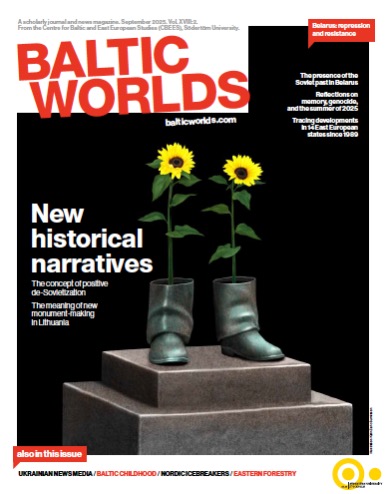Furrows in the agrarian field. Leaving deep traces
Britt Liljewall et al. (eds.) Agrarhistoria på många sätt 28 studier om människan och jorden, Festskrift till Janken Myrdal på hans 60-årsdag [Diverse approaches to the history of agriculture: 28 studies of humanity and the earth: Essays in honor of Janken Myrdal on his 60th birthday] Royal Swedish Academy of Agriculture and Forestry 2009, 552 pages + Jouko Nikula (ed.) Maaseutuaiheita — Rural Motifs, Essays in Honor of Professor Leo Granberg, Helsinki, Aleksanteri Series 5:2009, 237 pages+ Anders Björnsson, Skuggor av ett förflutet Bondeförbundet och trettiotalet, En idéhistorisk essä [Shadows of the past: The Swedish Farmers’ League and the nineteen-thirties: An essay in intellectual history] Lund: Sekel 2009, 213 pages + Ann-Katrin Hatje, Svensk välfärd, genus och social rationalism under 1900-talet, [Swedish welfare, gender, and social rationalism in the 20th century] Department of Historical, Philosophical and Religious Studies, Umeå University 2009. 227 pages

 Issue 2025, 2:
Issue 2025, 2: